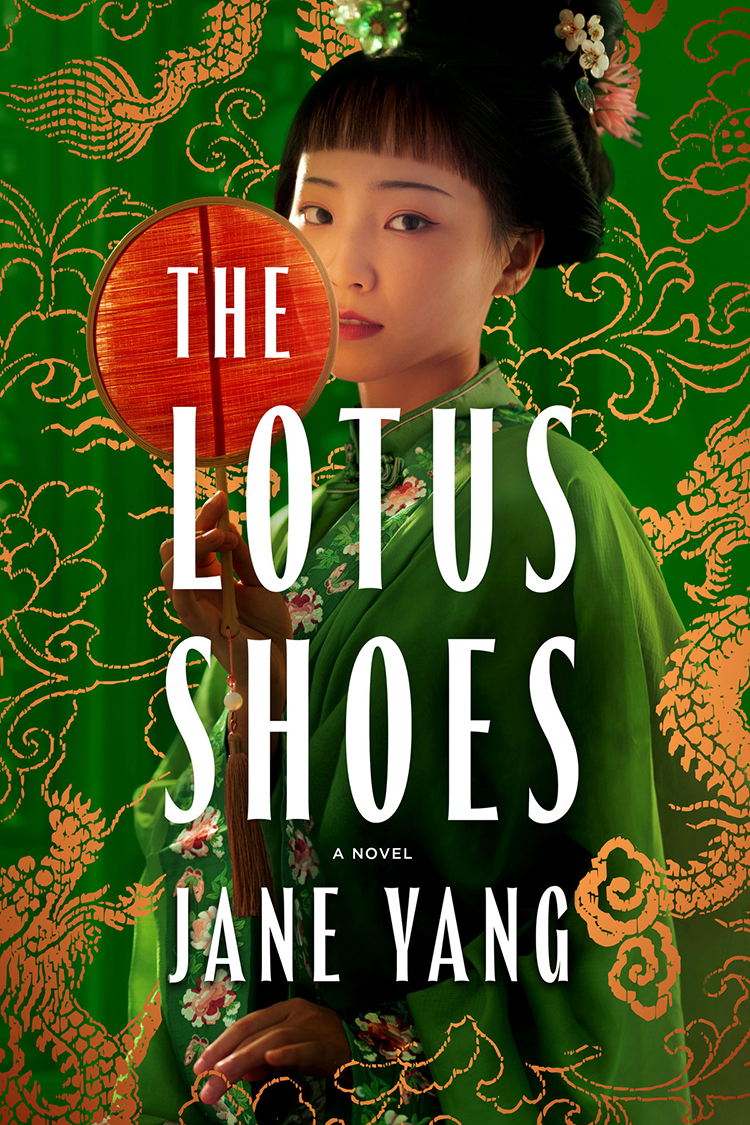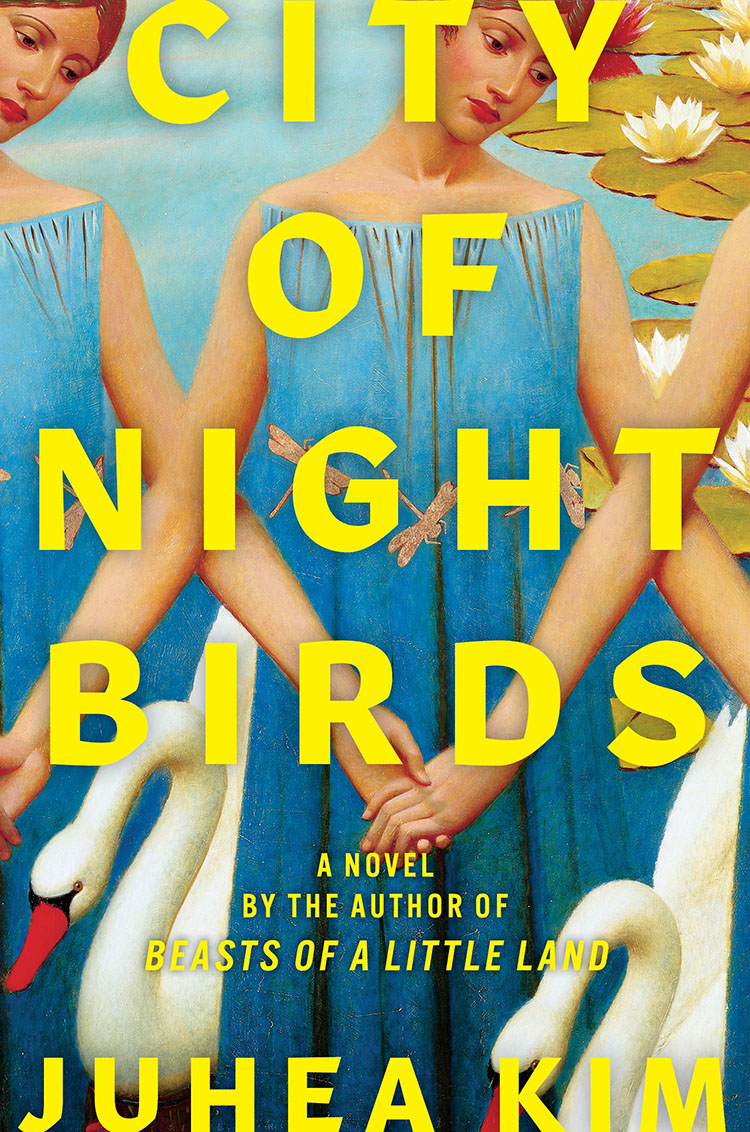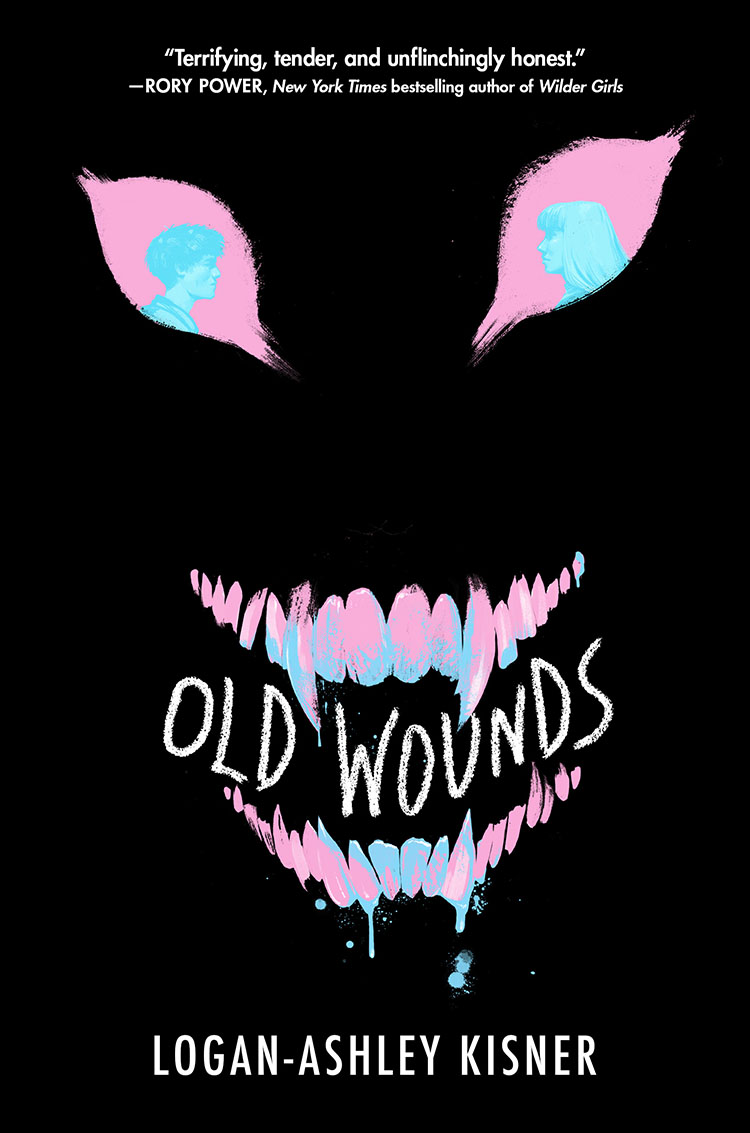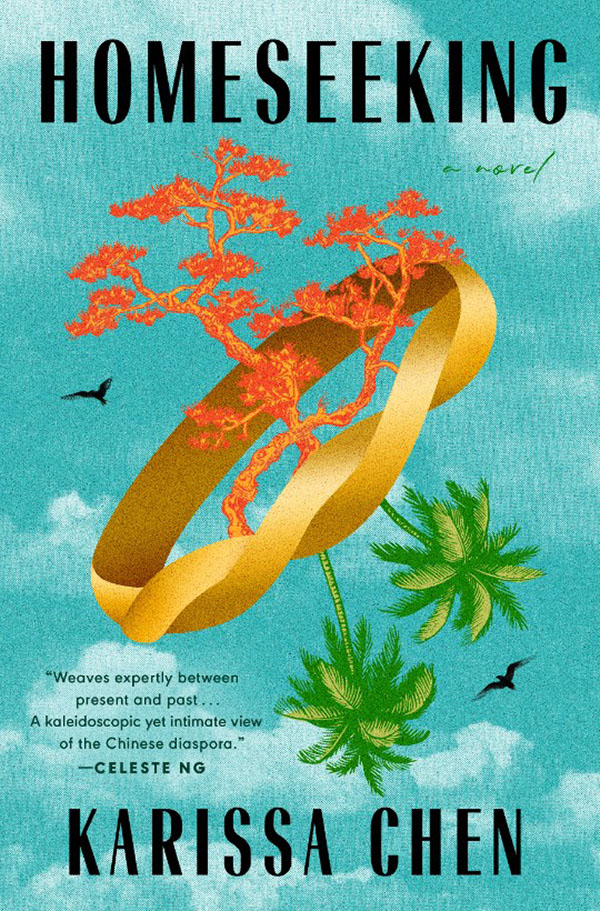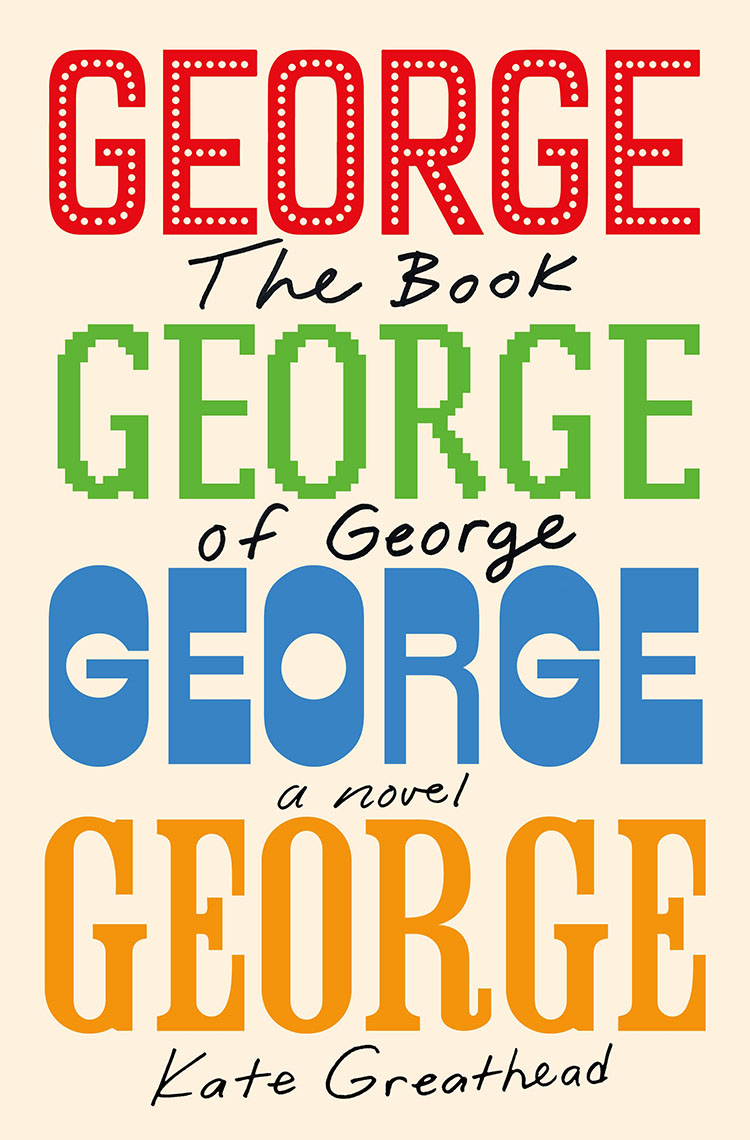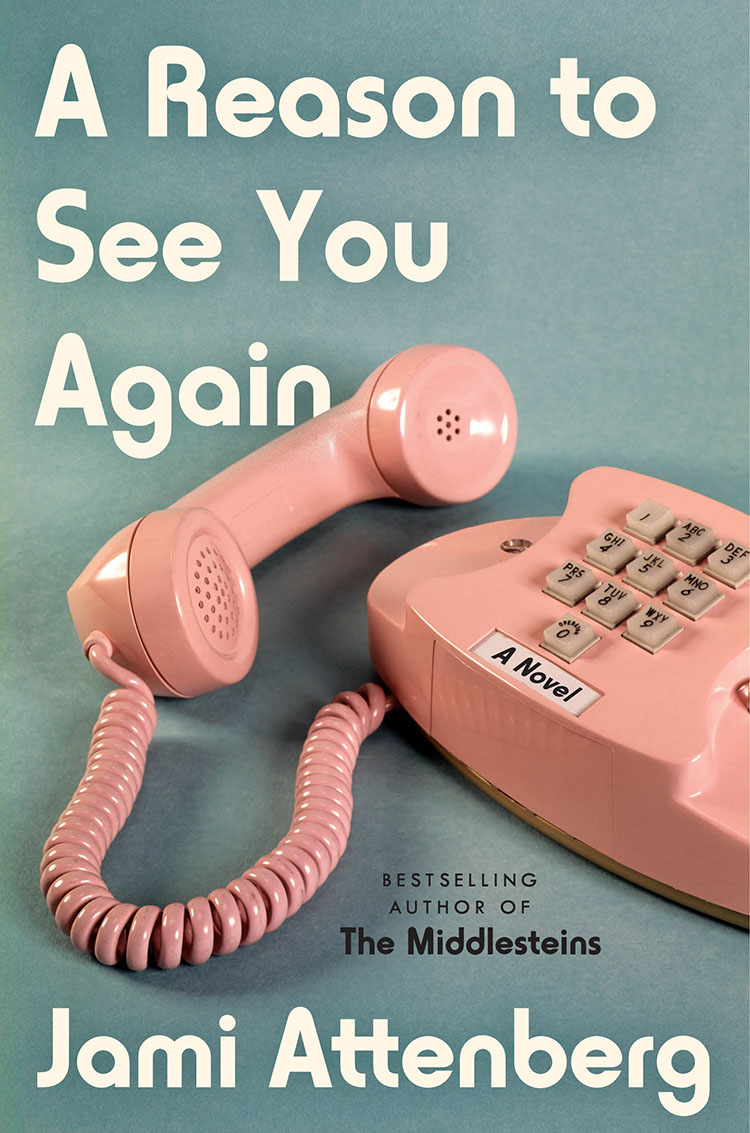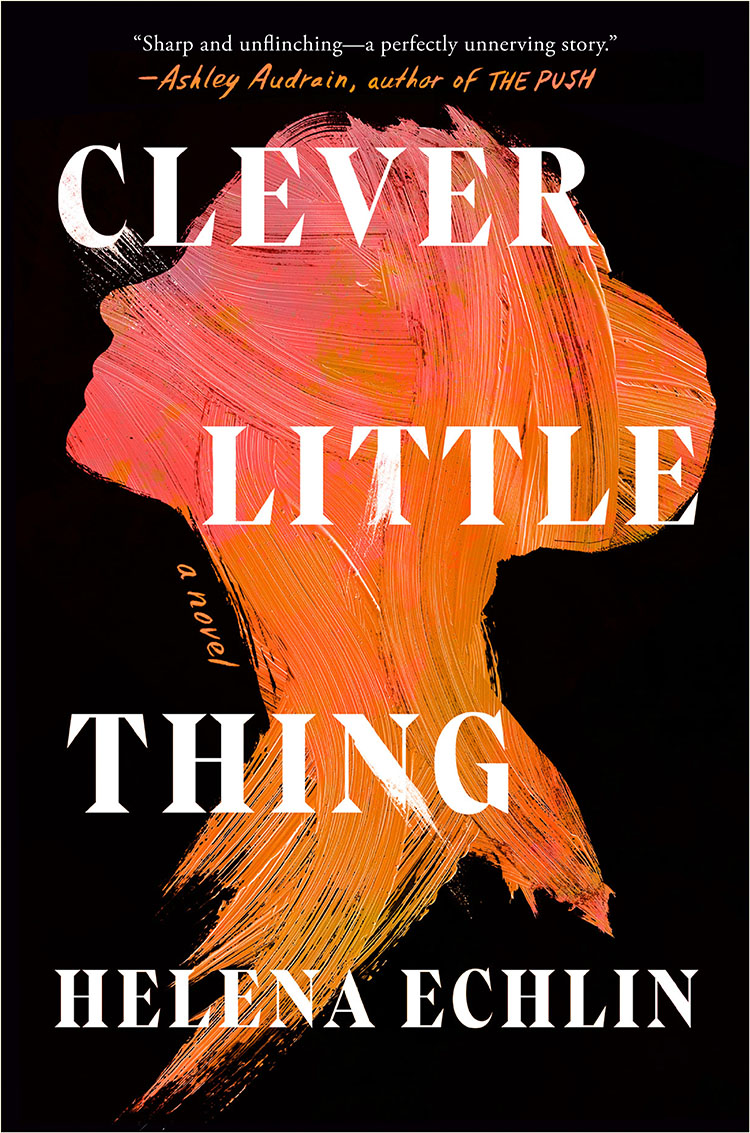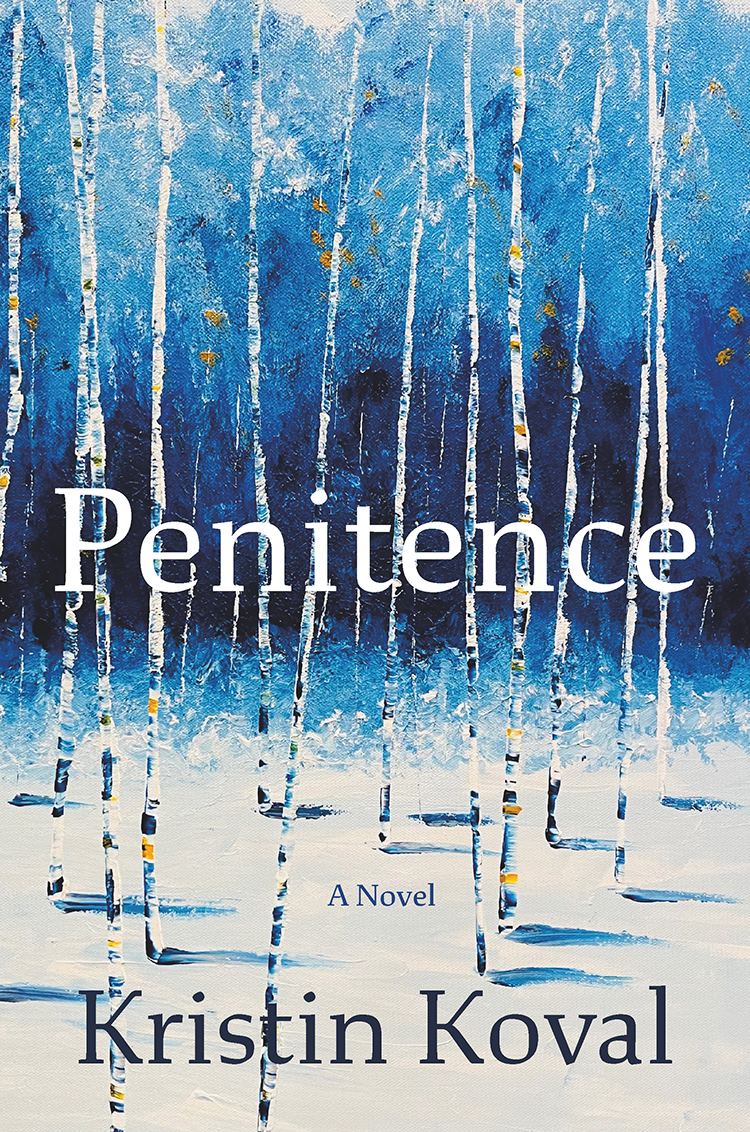While lifting weights in the Seldon Jackson College gymnasium on a rainy autumn night, Jaed Coffin heard the distinctive whacking sound of sparring boxers down the hall. A year out of college, he had been biding his time as a tutor at a local high school in Sitka, Alaska, without any particular life plan. That evening, Coffin joined a ragtag boxing club. For the first time, he felt like he fit in.
Coffin washed up in Alaska after a forty-day solo kayaking journey. Born to an American father and a Thai mother who had met during the Vietnam War, Coffin never felt particularly comfortable growing up in his rural Vermont town. Following his parents’ prickly divorce and a childhood spent drifting between his father’s new white family and his mother’s Thai roots, Coffin didn’t know who he was, much less what path his life should follow. His father’s notions about what it meant to be a man—formed by King Arthur legends and calcified in the military—did nothing to help. After college, he took to the road, working odd jobs and sleeping in his car before heading north.
Despite feeling initially terrified, Coffin learns to fight. His coach, Victor “the Savage,” invites him to participate in the monthly Roughhouse Friday competition, where men contend for the title of best boxer in southeast Alaska. With every successive match, Coffin realizes that he isn’t just fighting for the championship belt; he is also learning to confront the anger he feels about a past he never knew how to make sense of.
Deeply honest and vulnerable, Roughhouse Friday is a meditation on violence and abandonment, masculinity, and our inescapable longing for love. It suggests that sometimes the truth of what’s inside you comes only if you push yourself to the extreme.
Archives
Listen to the Marriage
Gretchen and Steve have been married for a long time. Living in San Francisco, recently separated, with two children and demanding jobs, they’ve started going to a marriage counselor. Unfolding over the course of ten months and taking place entirely in the marriage counselor’s office, John Jay Osborn’s Listen to the Marriage is the story of a fractured couple in a moment of crisis, and of the person who tries to get them to see each other again. A searing look at the obstacles we put in our own way, as well as the forces that drive us apart (and those that bring us together), Listen to the Marriage is a poignant exploration of marriage—heartbreaking and tender.
Our Kind of Cruelty
“This is simply one of the nastiest and most disturbing thrillers I’ve read in years. In short: I loved it, right down to the utterly chilling final line.” — Gillian Flynn
This is a love story. Mike’s love story.
Mike Hayes fought his way out of a brutal childhood and into a quiet, if lonely life, before he met Verity Metcalf. V taught him about love, and in return, Mike has dedicated his life to making her happy. He’s found the perfect home, the perfect job, he’s sculpted himself into the physical ideal V has always wanted. He knows they’ll be blissfully happy together.
It doesn’t matter that she hasn’t been returning his emails or phone calls.
It doesn’t matter that she says she’s marrying Angus.
It’s all just part of the secret game they used to play. If Mike watches V closely, he’ll see the signs. If he keeps track of her every move he’ll know just when to come to her rescue . . .
A spellbinding, darkly twisted novel about desire and obsession, Our Kind of Cruelty introduces Araminta Hall, a chilling new voice in psychological suspense.
The Electric Woman
Turns out, one lesson applies to living through illness, keeping the show on the road, letting go of the person you love most, and eating fire: The trick is there is no trick. You eat fire by eating fire.
Two journeys—a daughter’s and a mother’s—bear witness to this lesson in The Electric Woman.
For three years Tessa Fontaine lived in a constant state of emergency as her mother battled stroke after stroke. But hospitals, wheelchairs, and loss of language couldn’t hold back such a woman; she and her husband would see Italy together, come what may. Thus Fontaine became free to follow her own piper, a literal giant inviting her to “come play” in the World of Wonders, America’s last traveling sideshow. How could she resist?
Transformed into an escape artist, a snake charmer, and a high-voltage Electra, Fontaine witnessed the marvels of carnival life: intense camaraderie and heartbreak, the guilty thrill of hard-earned cash exchanged for a peek into the impossible, and, most marvelous of all, the stories carnival folks tell about themselves. Through these, Fontaine trained her body to ignore fear and learned how to keep her heart open in the face of loss.
A story for anyone who has ever imagined running away with the circus, wanted to be someone else, or wanted a loved one to live forever, The Electric Woman is ultimately about death-defying acts of all kinds, especially that ever constant: good old-fashioned unconditional love.
Sourdough
Lois Clary is a software engineer at General Dexterity, a San Francisco robotics company with world-changing ambitions. She codes all day and collapses at night, her human contact limited to the two brothers who run the neighborhood hole-in-the-wall from which she orders dinner every evening. Then, disaster! Visa issues. The brothers close up shop, and fast. But they have one last delivery for Lois: their culture, the sourdough starter used to bake their bread. She must keep it alive, they tell her—feed it daily, play it music, and learn to bake with it. Lois is no baker, but she could use a roommate, even if it is a needy colony of microorganisms. Soon, not only is she eating her own homemade bread, she’s providing loaves daily to the General Dexterity cafeteria. The company chef urges her to take her product to the farmer’s market, and a whole new world opens up. When Lois comes before the jury that decides who sells what at Bay Area markets, she encounters a close-knit club with no appetite for new members. But then, an alternative emerges: a secret market that aims to fuse food and technology. But who are these people, exactly? Leavened by the same infectious intelligence that made Robin Sloan’s Mr. Penumbra’s 24-Hour Bookstore such a sensation, while taking on even more satisfying challenges, Sourdough marks the triumphant return of a unique and beloved young writer.
The Answers
In Catherine Lacey’s ambitious second novel we are introduced to Mary, a young woman living in New York City and struggling to cope with a body that has betrayed her. All but paralyzed with pain, Mary seeks relief from a New Agey treatment called Pneuma Adaptive Kinesthesia, PAKing for short. And, remarkably, it works. But PAKing is prohibitively expensive and Mary is dead broke. So she scours Craigslist for fast- cash jobs and nds herself applying for the “Girlfriend Experiment,” the brainchild of an eccentric and narcissistic actor, Kurt Sky, who is determined to find the perfect relationship—even if that means paying different women to fulfill distinctive roles. Mary is hired as the “Emotional Girlfriend”—certainly better than the “Anger Girlfriend” or the “Maternal Girlfriend”—and is pulled into Kurt’s ego-driven and messy attempt at human connection. Told in her signature spiraling prose, The Answers is full of the singular yet universal insights readers have come to expect from Lacey. It is a gorgeous hybrid of the plot- and the idea-driven novel that will leave you reeling.
Gaslight
London, 1885. A severed head is dredged from the Thames, while a woman’s body is discovered ten miles away. The famed American detective William Pinkerton is summoned by Scotland Yard to investigate. The dead woman fits the description of a grifter Pinkerton had been pursuing for a long time—someone he believed would lead him to Edward Shade, a man he has been hunting since his father’s death. Steven Price’s By Gaslight is an atmospheric portrait of a man on the brink. It’s the story of the most unlikely of bonds: between Pinkerton, the greatest detective of his age, and Shade, the one criminal he cannot outwit. Moving from the diamond mines of South Africa to the fog-enshrouded streets of Victorian London, the novel is a journey into a cityscape of grief, trust, and its breaking, where what we share can bind us even against our better selves.
The Sport of Kings
Hellsmouth, a willful thoroughbred filly with the blood of Triple Crown winners flowing through her veins, has the legacy of the Forges riding on her. One of the oldest and proudest families in Kentucky, the Forge family is as mythic as the history of the South itself. Descended from one of the first settlers to brave the Gap, Henry Forge, through an act of naked ambition, is attempting to blaze a new path, breeding horses on the family’s crop farm. His daughter, Henrietta, becomes his partner in the endeavor, although she has desires of her own. Their conflict escalates when Allmon Shaughnessy, a black man fresh from prison, comes to work in the stables, and the ugliness of the farm’s past and the exigencies of appetite become evident. Together, the three stubbornly try to create a new future through sheer will—one that isn’t written in their very fabric—while they mold Hellsmouth into a champion. The Sport of Kings has the grace of a parable and the force of an epic. A majestic story of speed and hunger, racism and justice, this novel is an astonishment from start to finish. A vital new voice, C. E. Morgan has crafted an American myth, a contemporary portrait of the scars of the past that run through a family, and of our desperate need to escape our history, to subsume it with pleasure—or to rise above it with glory.
Gamelife
“You have been awakened.”
Floppy disk inserted, computer turned on, a whirring, and then this sentence followed by a blinking cursor. So begins Suspended, the first computer game to obsess seven-year-old Michael, to worm into his head and change his sense of reality. Thirty years later he will write: “Computer games have taught me the things you can’t learn from people.”
Michael Clune’s Gamelife is a sui generis memoir. It captures the essential strangeness of childhood, when the world is still revealing itself. It describes cafeteria politics, locker-room hazing, and divorce with a sharpness that will leave you laughing and squirming. It re-creates a place—1980s suburban Illinois, John Hughes movie territory—in all its quotidian glory. And it explores, like nothing before it, how the ephemeral worlds of video games gave shape to a boy’s days.
The Clasp
Kezia, Nathaniel, and Victor are reunited for the extravagant wedding of a college friend. Now at the tail end of their twenties, they arrive completely absorbed in their own lives—Kezia the second-in-command to a madwoman jewelry designer in Manhattan; Nathaniel the former literary cool kid, selling his wares in Hollywood; and the Eeyore-esque Victor, just fired from a middling search engine. They soon slip back into old roles: Victor loves Kezia. Kezia loves Nathaniel. Nathaniel loves Nathaniel. In the midst of all this semi-merriment, Victor passes out in the mother of the groom’s bedroom. He wakes to her jovially slapping him across the face. Instead of a scolding, she offers Victor a story she’s never even told her son, about a valuable necklace that disappeared during the Nazi occupation of France. And so a madcap adventure is set into motion, one that leads Victor, Kezia, and Nathaniel from Miami to New York and L.A. to Paris and across France, until they converge at the estate of Guy de Maupassant, author of the classic short story “The Necklace.” Heartfelt, suspenseful, and told with Sloane Crosley’s inimitable spark and wit, The Clasp is a story of friends struggling to fit together now that their lives haven’t gone as planned, of how to separate the real from the fake. Such a task might be possible when it comes to precious stones, but is far more difficult to pull off with humans.


